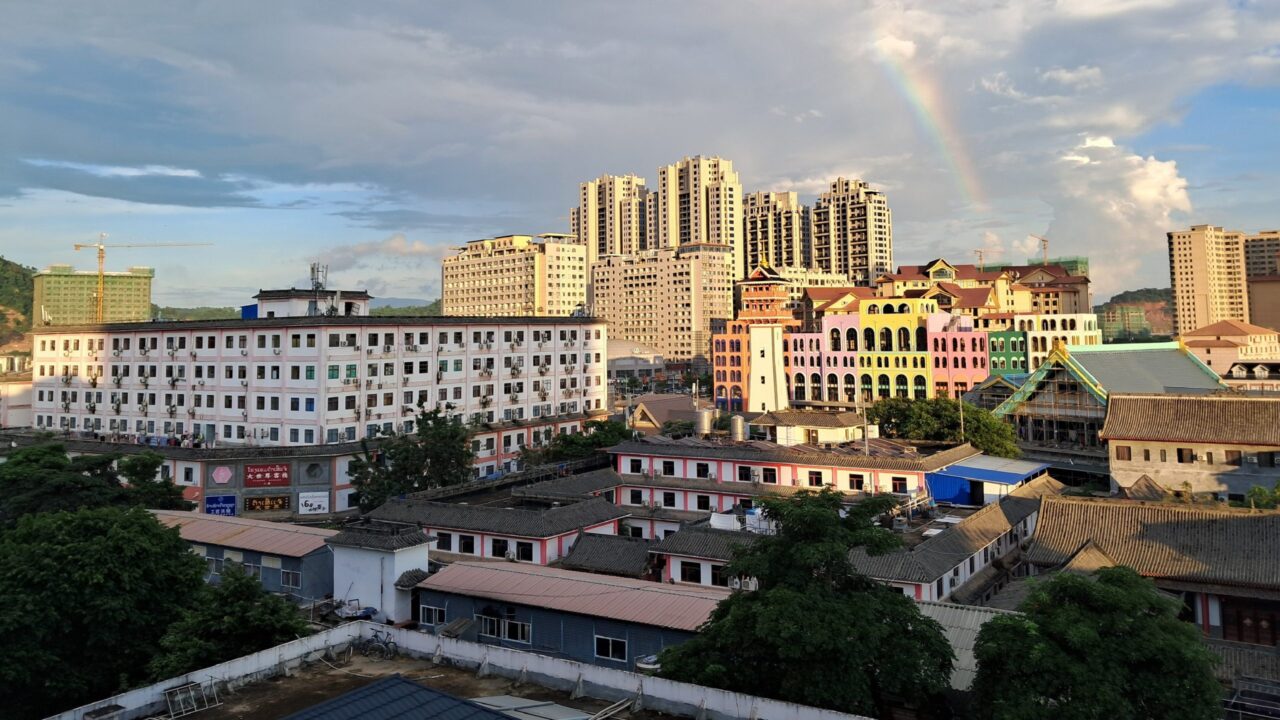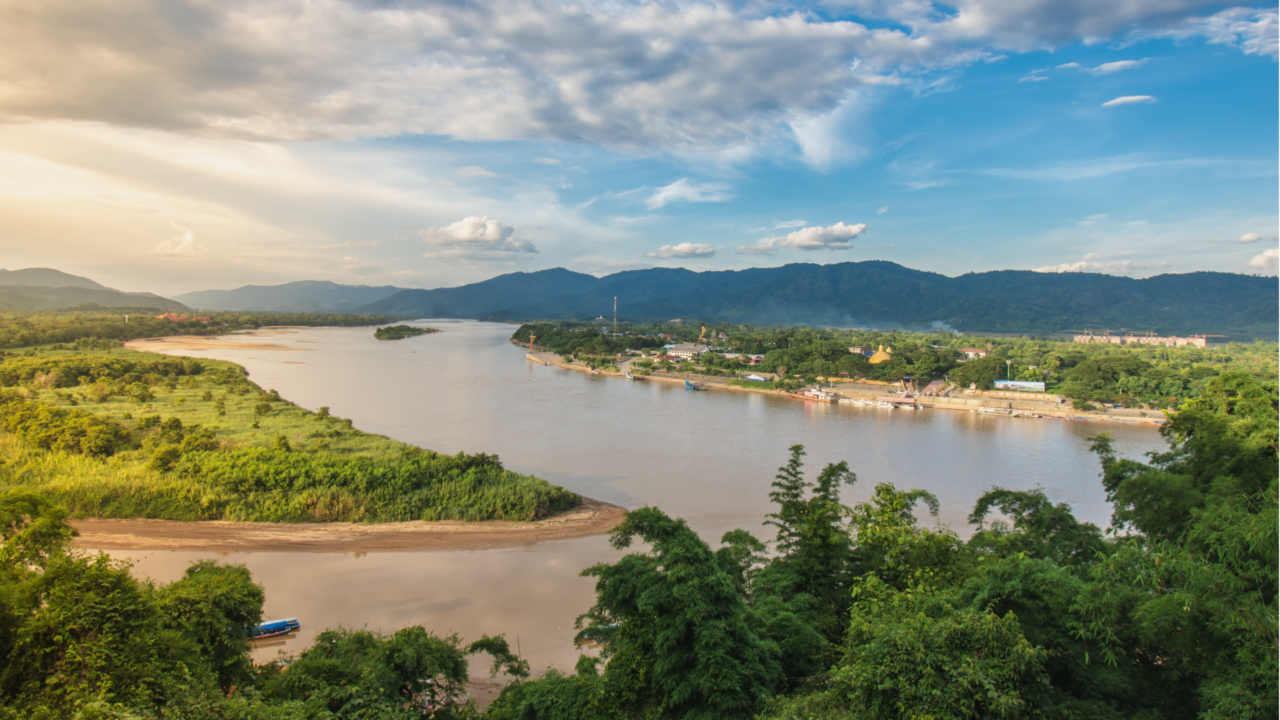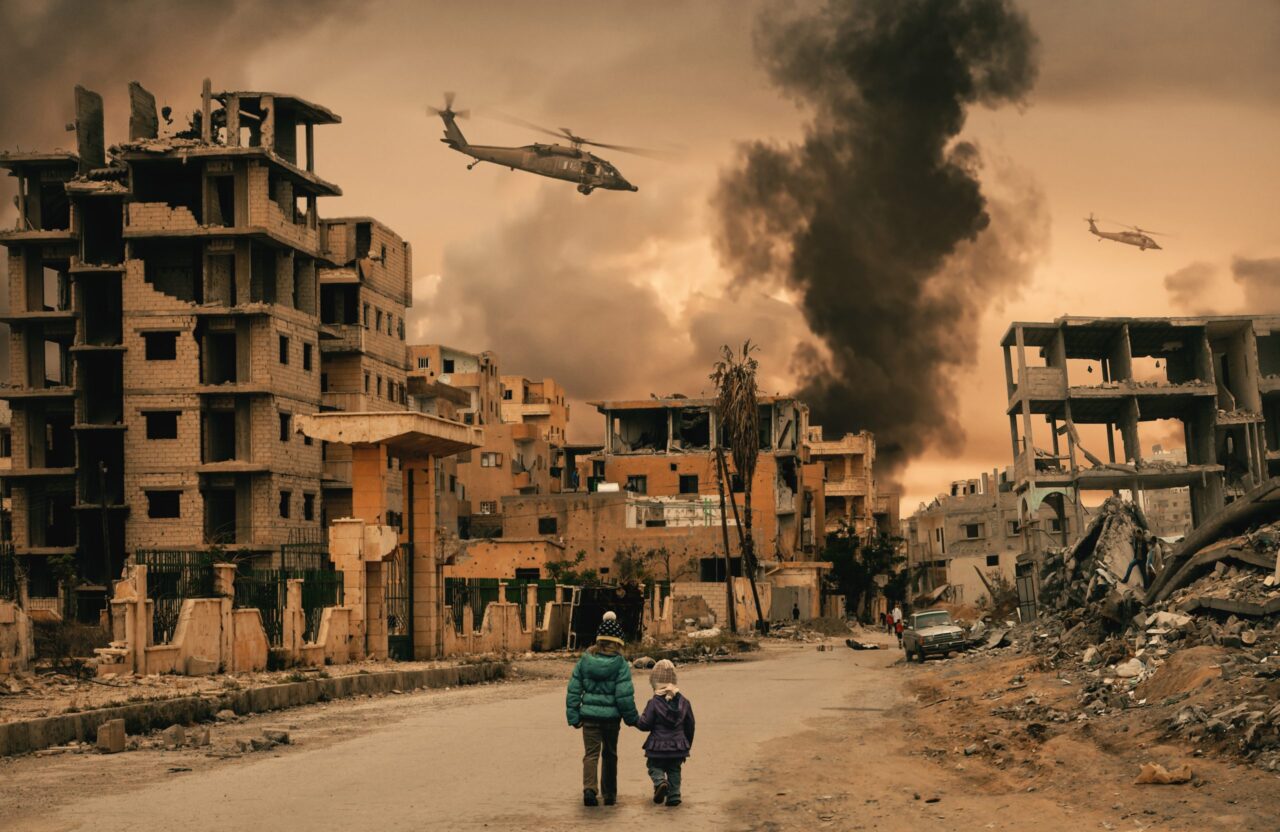PROJECT
Thailand
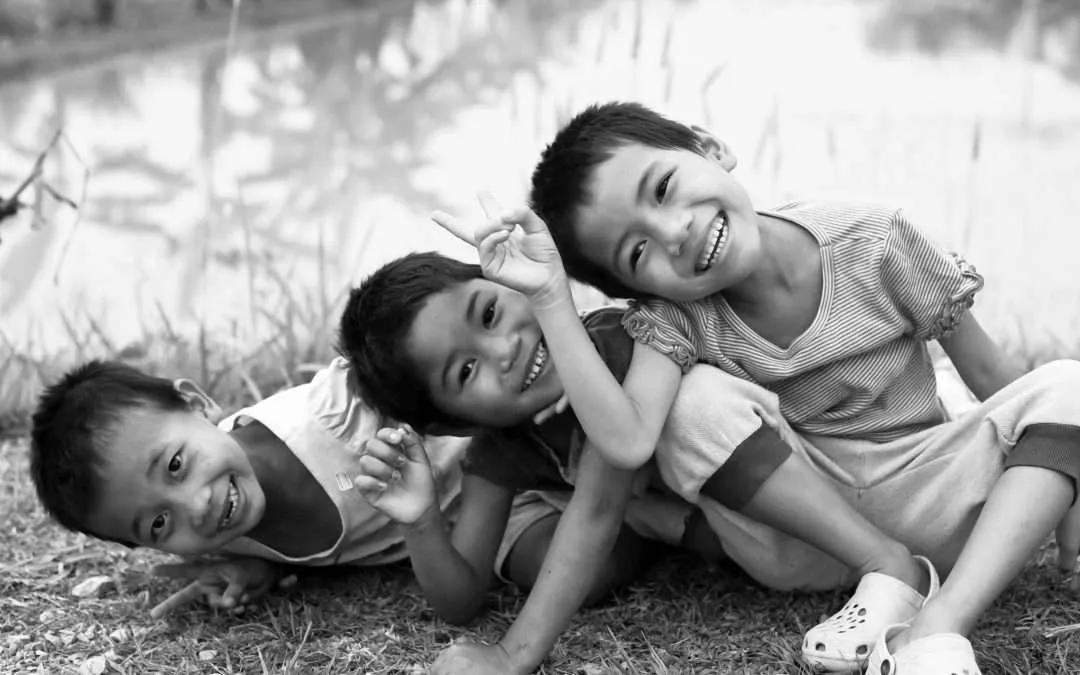
Thailand’s location as a regional economic hub draws migrants from neighboring countries. Many are stateless or lack legal protections, making them extremely vulnerable to forced labor, trafficking, and exploitation.
Children who are kept out of school due to citizenship or income barriers are disproportionately targeted by traffickers. In border regions alone, tens of thousands are outside formal education and at risk.
Our Mission
In northern Thailand, thousands of children remain vulnerable simply because they are stateless, displaced, or denied access to education. Not For Sale exists to change that reality by creating safe, permanent environments where children can grow up protected, educated, and empowered, not rescued temporarily, but supported for life.
Our Current Priority: Building a New Girls’ Dorm
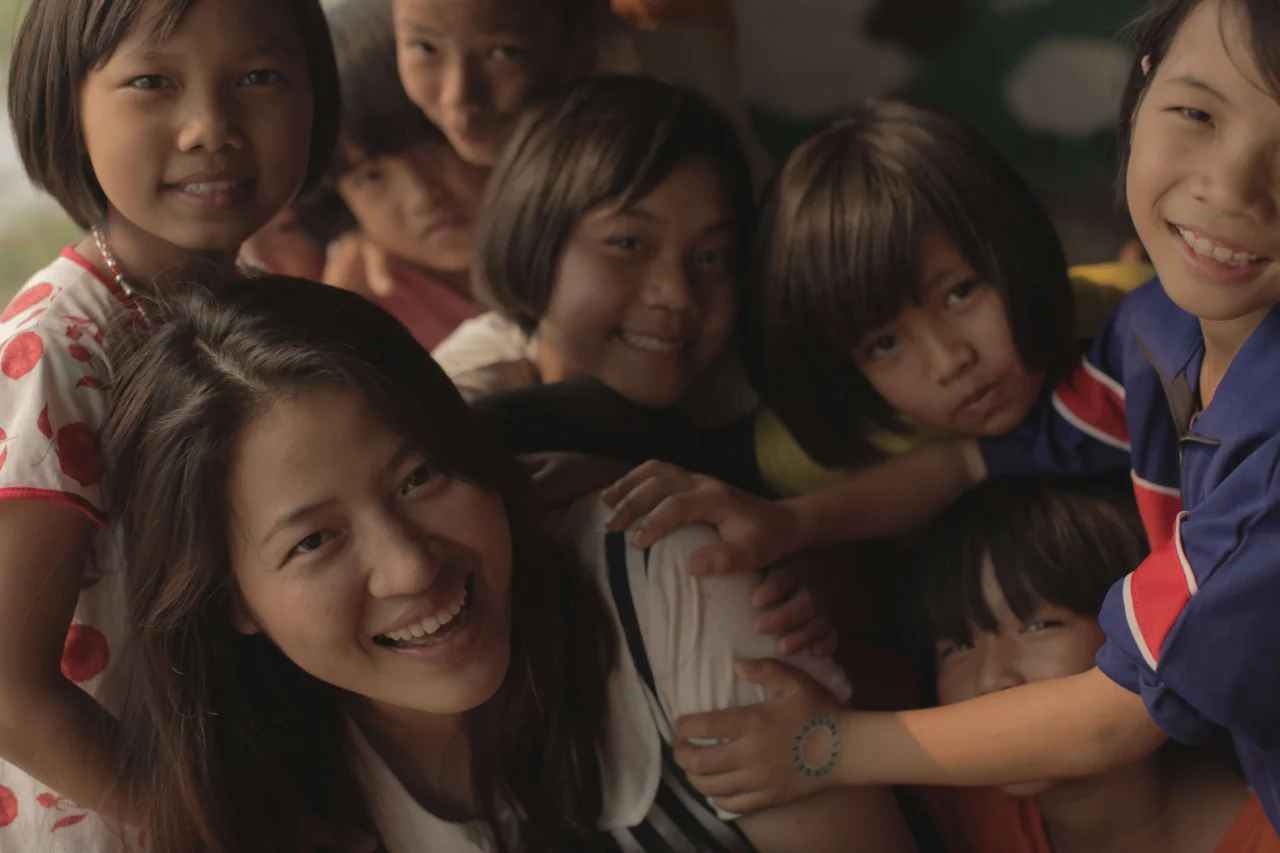
As the Not For Sale Thailand village continues to grow, so too does the need for safe, purpose-built accommodation for girls entering their teenage years, a time when vulnerability to trafficking and exploitation increases sharply.
We are currently raising funds to build a dedicated girls’ dormitory within the Not For Sale Thailand village.
This new dorm will:

Provide a secure, trauma-informed living space for girls at risk

Ensure continuity of education through adolescence and beyond

Relieve overcrowding in existing accommodation

Create a stable foundation for long-term independence and leadership
This dorm is not simply a building. It is a critical line of protection, ensuring girls can remain in school, stay safe, and grow into confident young women with real choices for their future.
By supporting this campaign, you are helping us protect the next generation before exploitation ever begins.
Our Impact
Not For Sale provides children with housing and education in Chiang Rai. Stateless children face difficulties in enrolling in any official Thai school, so struggle to get an education and are aggressively targeted by human traffickers. It is estimated that up to 200,000 migrant children are not in school. Education has the power to eliminate the language barrier, increase socio-economic status and provide children with security.
We provide children with safety, stability, nutritious meals and medical care. We enroll all children in primary, secondary, or university education and offer shelter and long-term housing for youth rescued from exploitation. We provide a variety of life skills to equip the children to become self-sufficient, contributing members of the community. Not For Sale Thailand has been named by the Thai National Government a ‘model program’ for the border regions of the country.
Want to see the full picture of what your support makes possible?
Xxxxx
Children served at our shelter since 2019.
Xxxxxx
Number of children we’ve supported through primary school
Xxxxxx
Number of children housed at our shelter
Xxxxxx
Number of children who have gone onto graduate

Meet KruNam

Sign Up to our Newsletter
Join our movement and get the latest updates, stories, and ways to take action, straight to your inbox.


